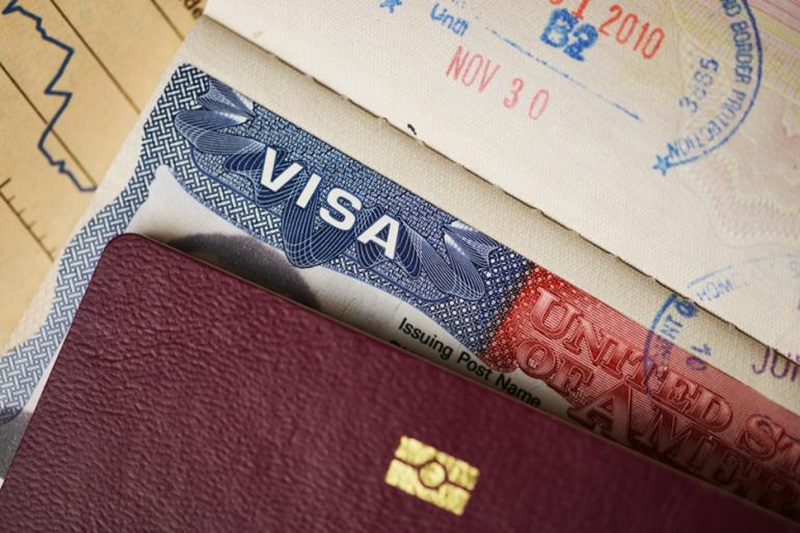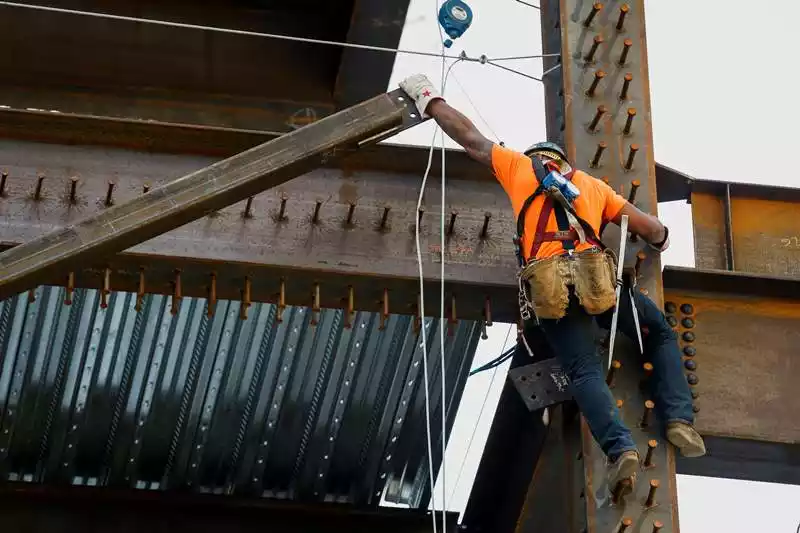Technological conflict between China and the United States

The technological conflict between China and the United States continues to take its toll on companies in both countries.
The technological conflict between the United States and China is beginning to take its toll on the stability of U.S. companies in the Asian country.
In mid-October last year, China confirmed that it was turning its back on Apple and that it was once again relying on options such as Huawei, as Chinese citizens prefer to support the local economy rather than a foreign one.
But, a few weeks ago, we learned the results of that decision: iPhone 15 sales are well below expectations.
It is incredible how the dispute in political power generates an impasse that affects even the manufacture of smartphones in the world.
The technological conflict between China and the United States was fueled by the discussion on whether to continue accepting TikTok in the North American nation.
Thus, China has become one of the worst performing markets for the U.S. iPhone company.
Although its presence there is still relevant, it is light years away from what it once was.
READ MORE: LOWEST PRICED SUPERMARKETS IN THE U.S.

An imbalance: Technological conflict between China and the United States
In this sense, aspects such as the conflict between the two countries, the ban on the use of the iPhone in government departments or the growth of Huawei have played against it.
But, fortunately or unfortunately for Apple, it is not the only foreign company affected by this situation; the technological conflict between China and the United States also affects Tesla.
As Ars Technica reports in a recent publication, both firms have seen their market share fall quarter after quarter. Zhan Wenlong, nuclear physicist and delegate of the Chinese Communist Party, delved into a differential aspect that may explain part of Apple’s situation: “they encourage us to use domestic phones, since Apple’s are not safe”.
After this, he assured that, despite being manufactured in China, they have no record of whether the chips have “backdoors” or not, an accusation that has also been related to Tesla.
The autonomous car firm, known for being the most relevant in its sector, saw its sales fall by 7.9% in 2023 compared to what it harvested in 2022.
As reasons, in addition to the bet of Chinese citizens for local brands, there are other variants such as no-go zones for Tesla driving.
Thus, near military or governmental complexes, it is not allowed to circulate with a vehicle of Elon Musk’s brand, as China fears that it collects confidential data.
READ HERE: PORNHUB WAS BLOCKED IN TEXAS

Therefore, and to the surprise of many seeing what happened years ago, Tesla and Apple suffer the consequences of China’s bet on domestic products.
In 2022, the technological conflict between China and the United States The United States had an escalation with the most severe restrictions on Chinese technology flows.
On the case of TikTok, some figures in the area have suggested that it is a censorship issue.
Such was the case of Elon Musk, who, through his personal account, said that the new law proposed in the United States that seeks to veto TikTok is, in reality, “about censorship and government control“.
But far from being a champion of justice, the tycoon’s main concern lies in the basis of the proposed law.
According to a controversial excerpt, the president of the United States would now have the absolute power to veto any site on the Internet.






